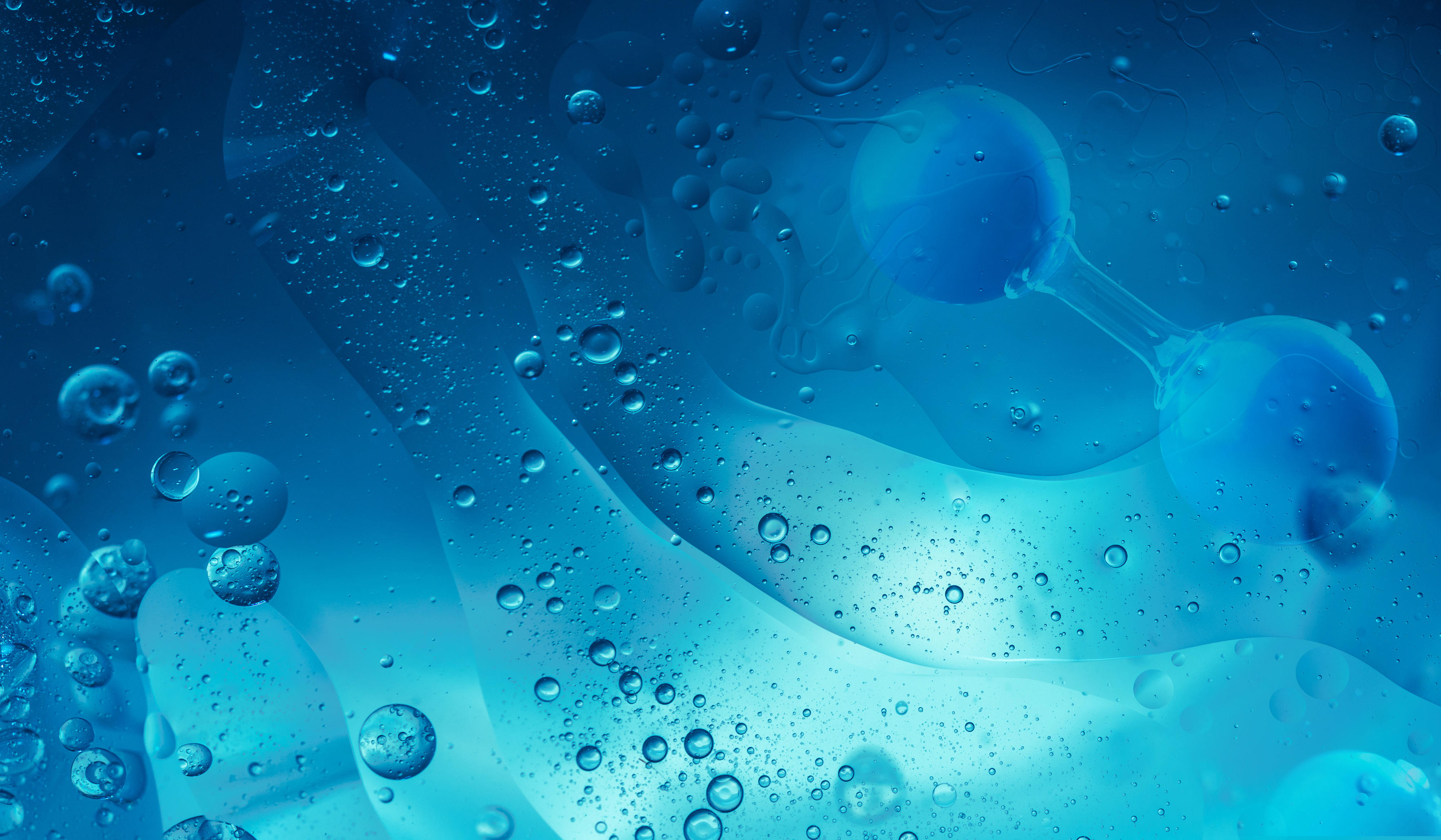DIN EN 1420
Influence of organic materials on water intended for human consumption - Determination of odour and flavour assessment of water in piping systems; German version EN 1420:2016
Einfluss von organischen Werkstoffen auf Wasser für den menschlichen Gebrauch - Bestimmung des Geruchs und Geschmacks des Wassers in Rohrleitungssystemen; Deutsche Fassung EN 1420:2016
Overview
This European Standard specifies a procedure for obtaining a migration water to determine odour and flavour for products made from organic materials intended to come in contact with water for human consumption (drinking water) and used in piping systems. Such products include pipes, fittings, ancillaries and coatings. This standard is applicable to products to be used under various conditions for the transport, storage and distribution of water intended for human consumption and raw water used for the manufacture of water intended for human consumption. The application of the future standard may depend on relevant national regulations or system and product standards. The standard specifies a test procedure consisting of various sub-steps. Following a defined pretreatment procedure of flushing, stagnation with test water and then prewashing, the surface of the test pieces, exposed in practice to drinking water, is brought into contact with test waters. The migration procedure is carried out under specified conditions as follows: test pieces are put in contact with chlorinated and where required unchlorinated test waters for 72 h at 23 °C (cold water test), or put in contact with unchlorinated test water for 24 h at a temperature of 60 °C (warm water test) or 85 °C (hot water test). If warm or hot water test is required, additionally a cold water test shall be performed. After this contact, a panel determines the odour threshold and taste threshold of the migration water. In respect of potential adverse effects on the quality of the water intended for human consumption, arising from contact with materials used for conveying and distribution as well as with regard to the selection of the test water (chlorine-free, chlorinated) and its temperature and the number of additional migration periods, it is recalled to mind that, national regulations remain in force. Significant changes have been made compared to the previous version. Among other things, the scope of application has been significantly extended (all organic products, including coatings and site-applied products), the determination procedures for the odour and taste threshold values according to DIN EN 1622 have been specified, a procedure for the qualification of the panel has been introduced, and the preparation of the migration waters specified and DIN EN 12873-1 has been adapted. This standard has been prepared by Working Group "Effects of materials in contact with drinking water" (WG 3) of CEN/TC 164 "Water supply". For Germany, DIN-DVGW Joint Working Committee NA 119-07-09 AA "Werkstoffe im Kontakt mit Trinkwasser" ("Materials in contact with drinking water") at DIN Standards Committee Water Practice (NAW) was responsible for collaborating in its preparation.
Document: references other documents
Responsible national committee
NA 119-07-09 AA - Materials in contact with drinking water
Responsible european committee
CEN/TC 164/WG 3 - Effects of materials in contact with drinking water


